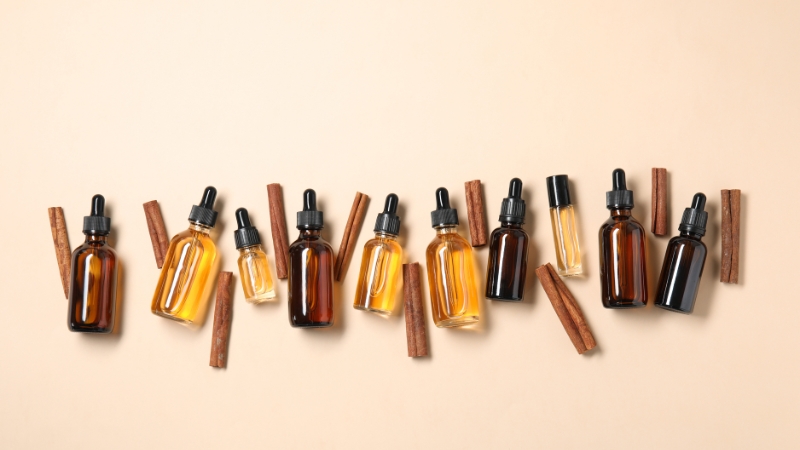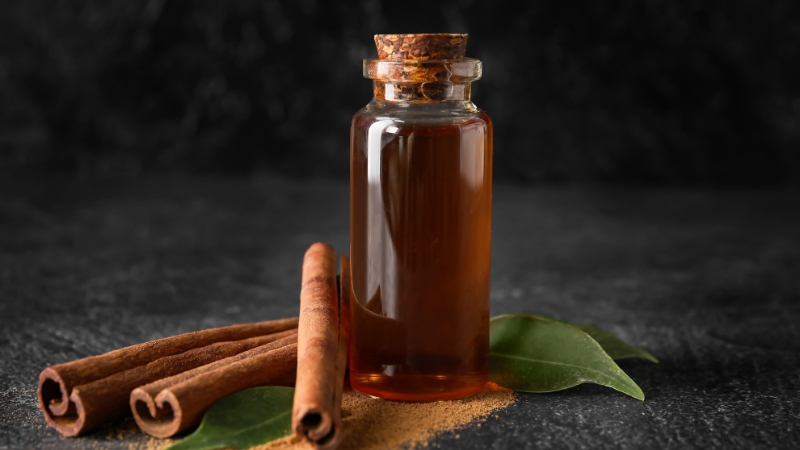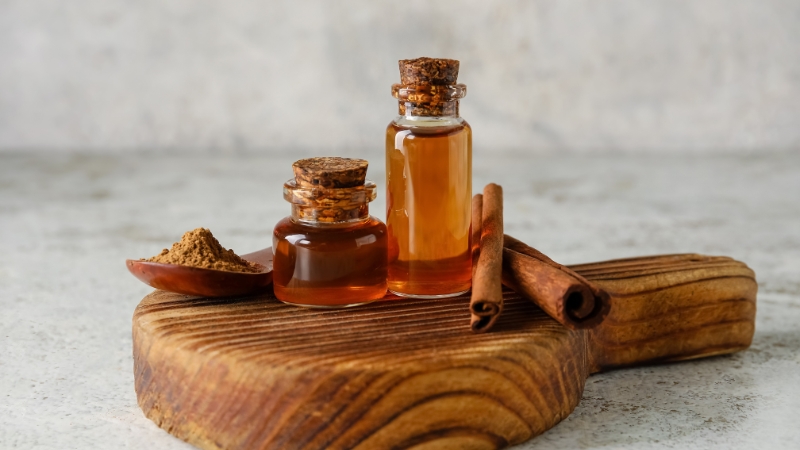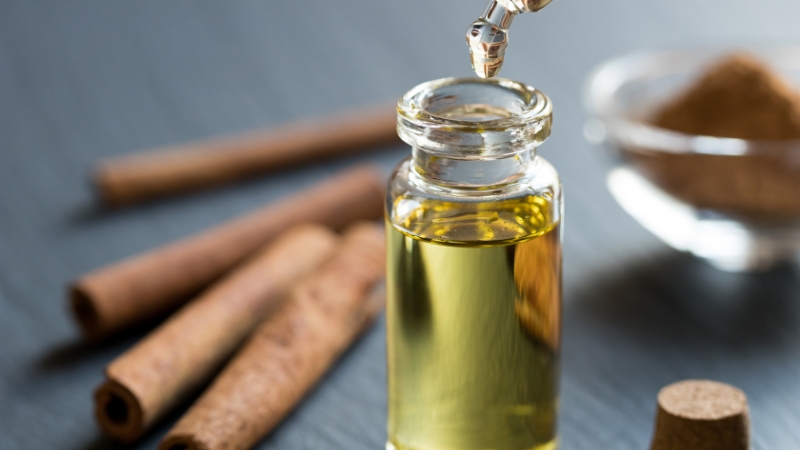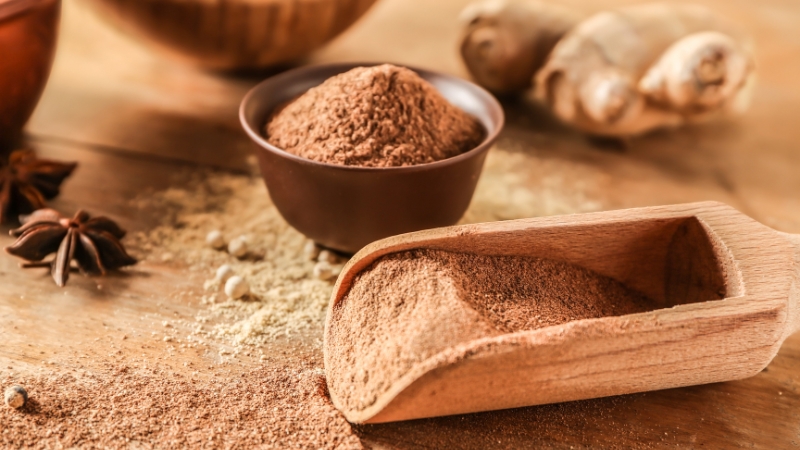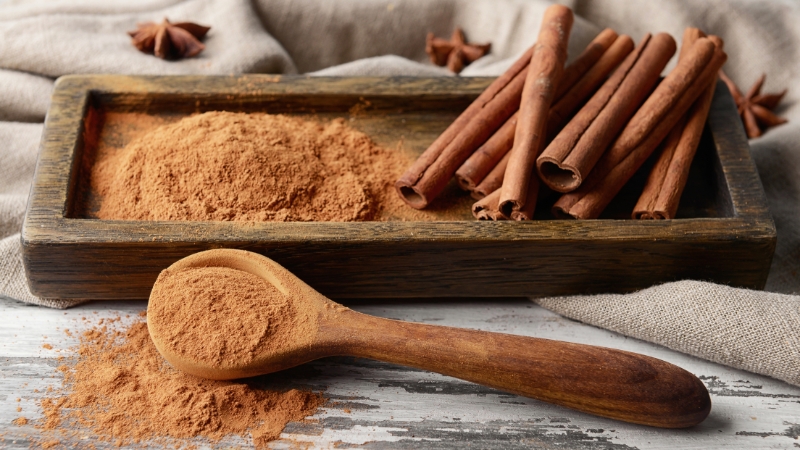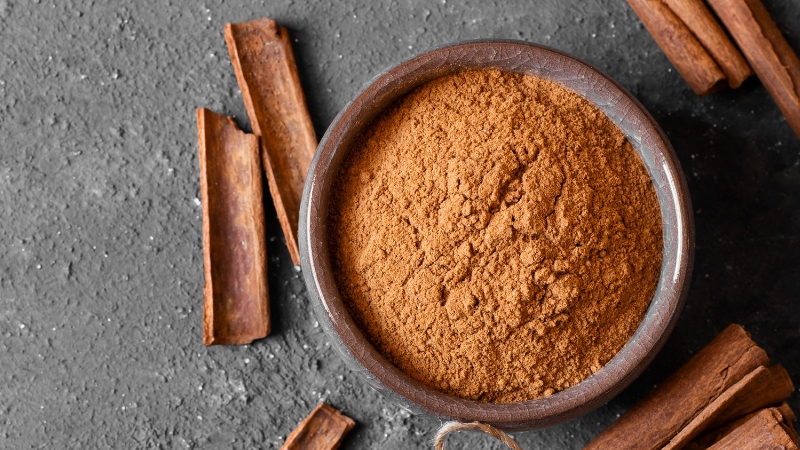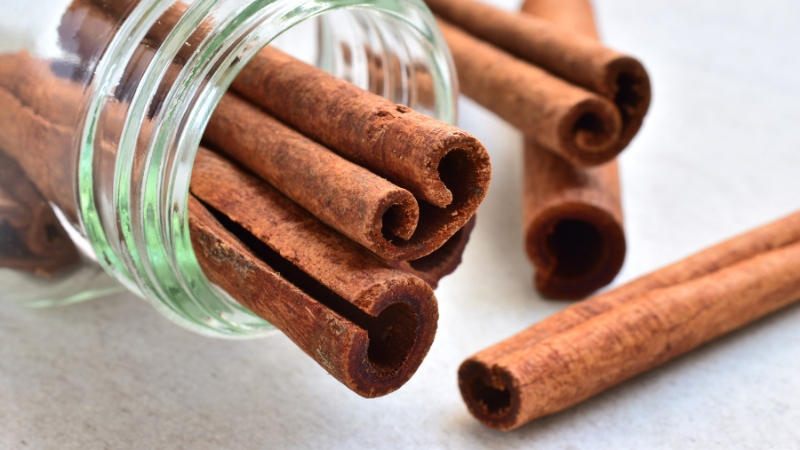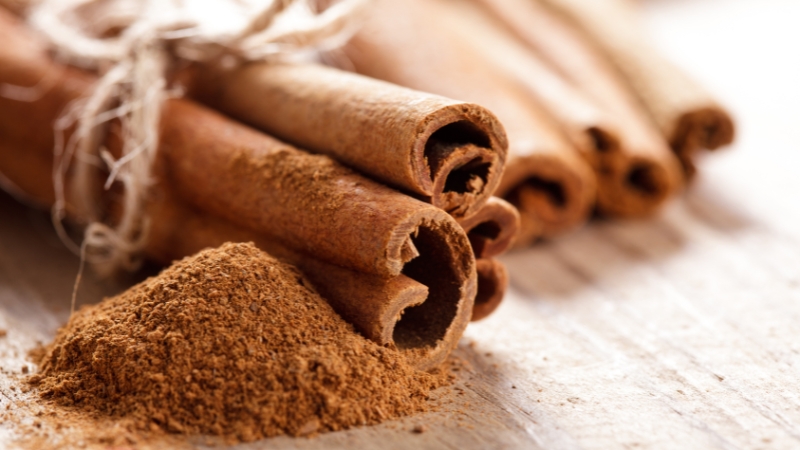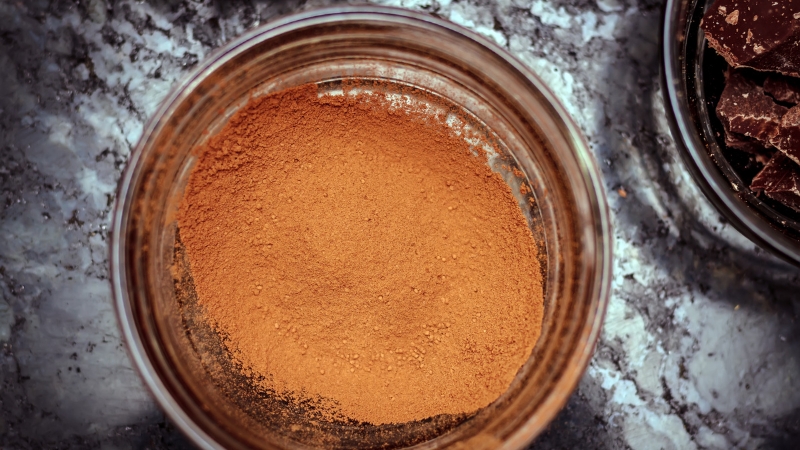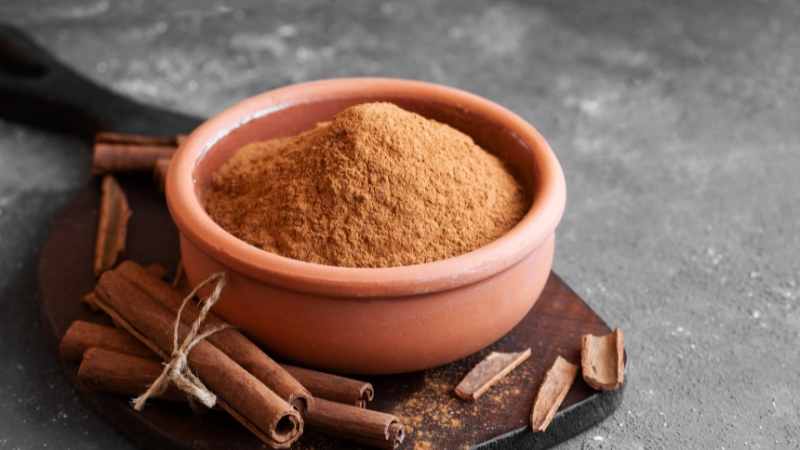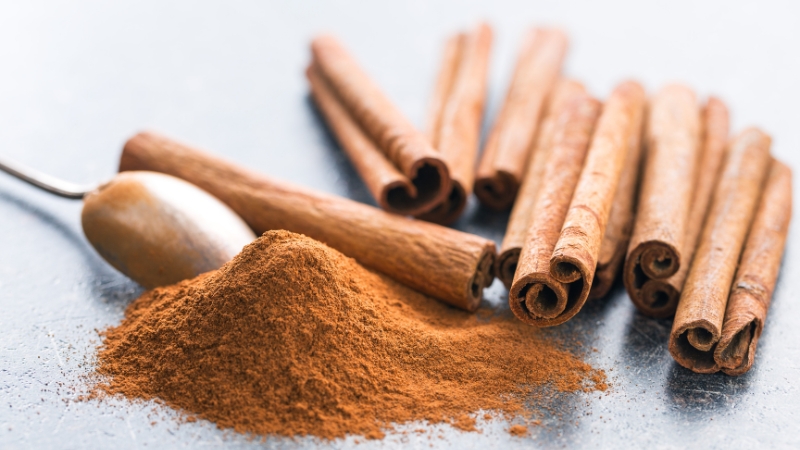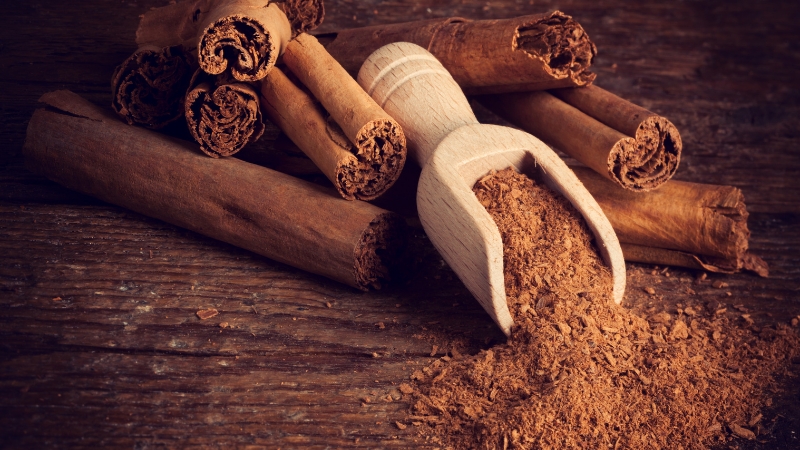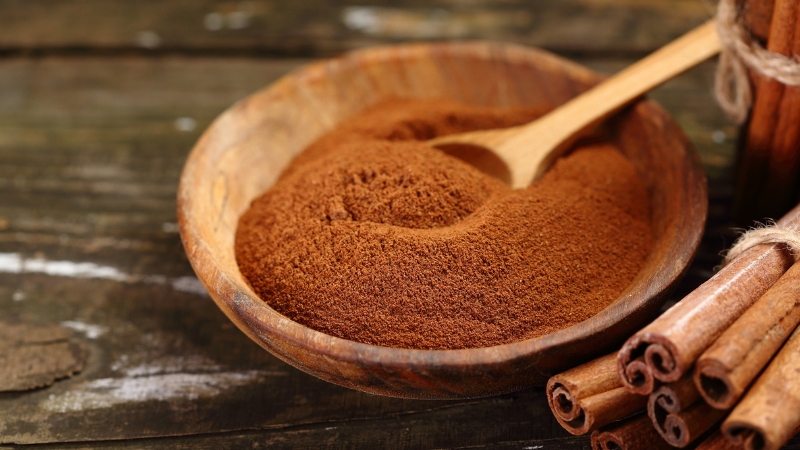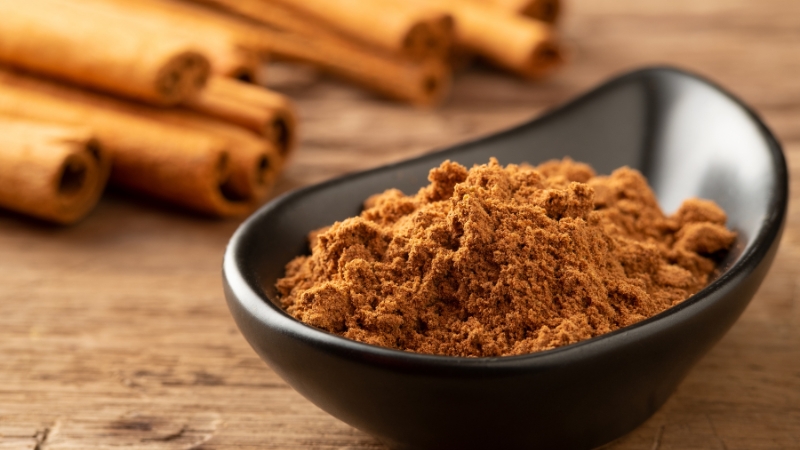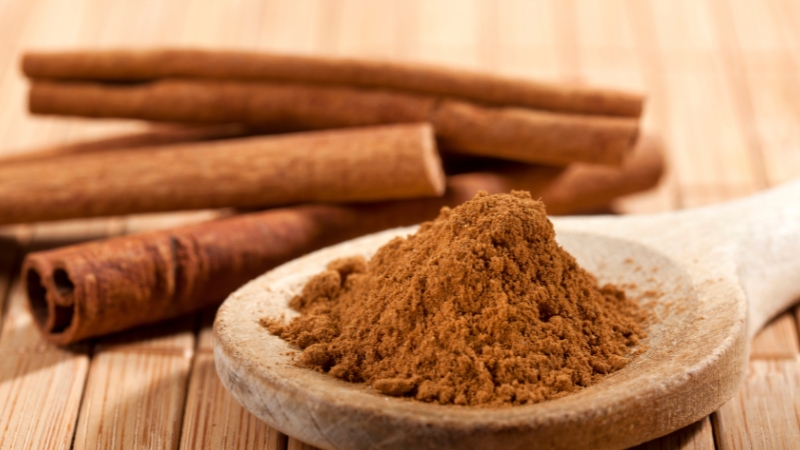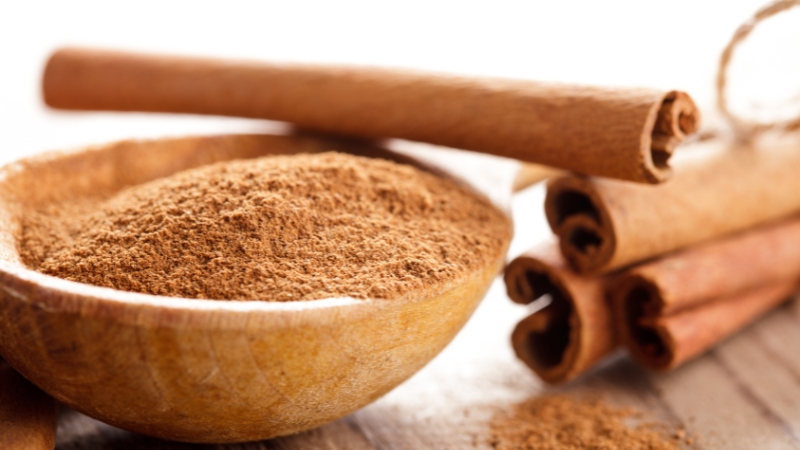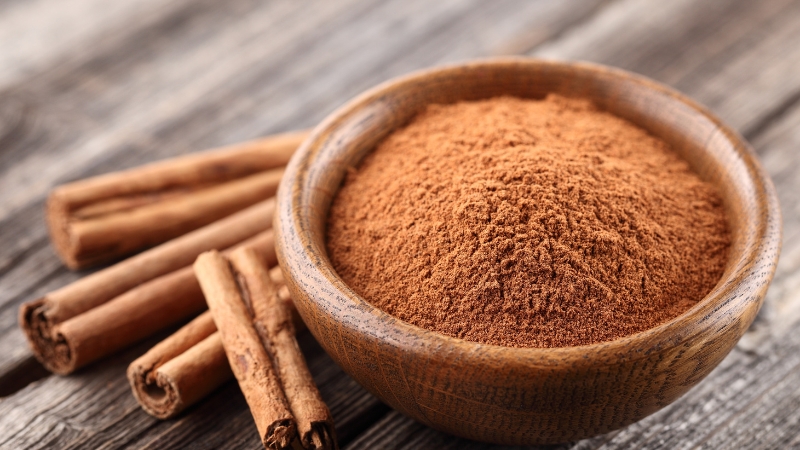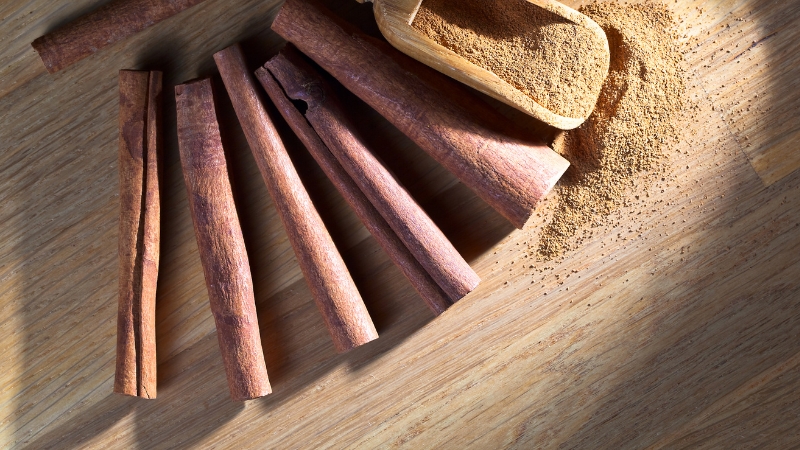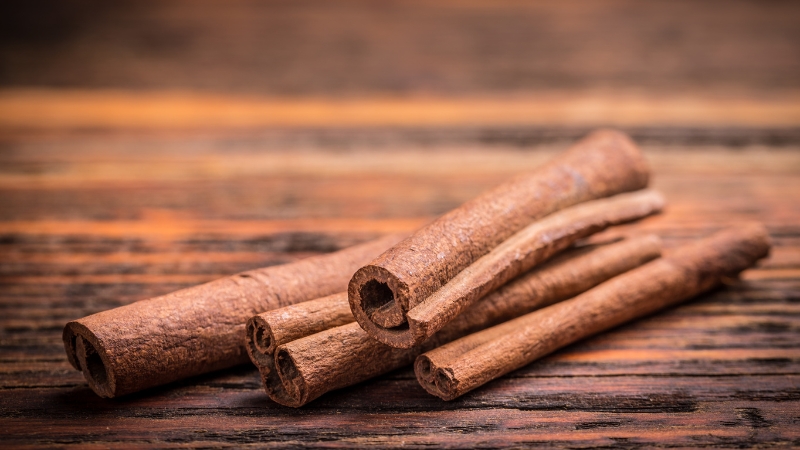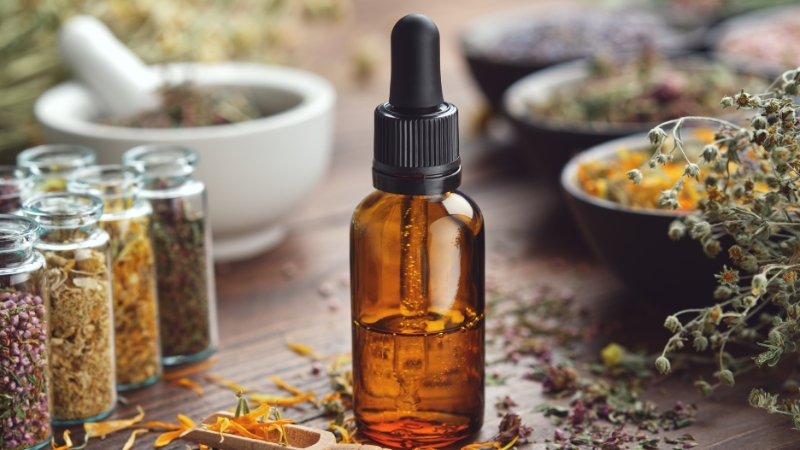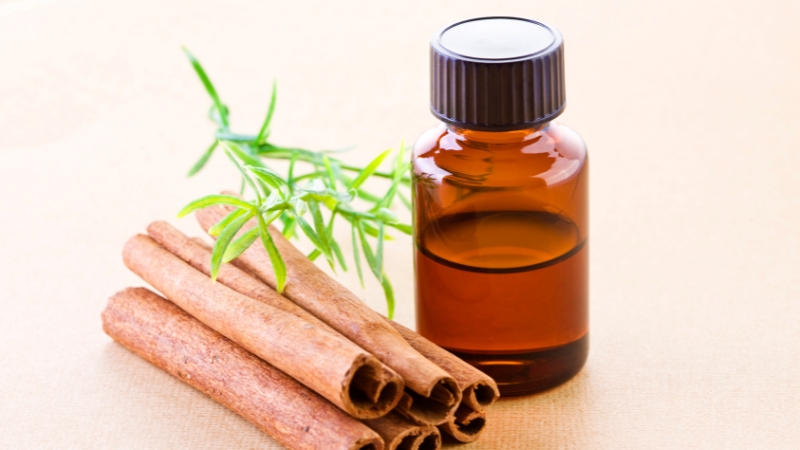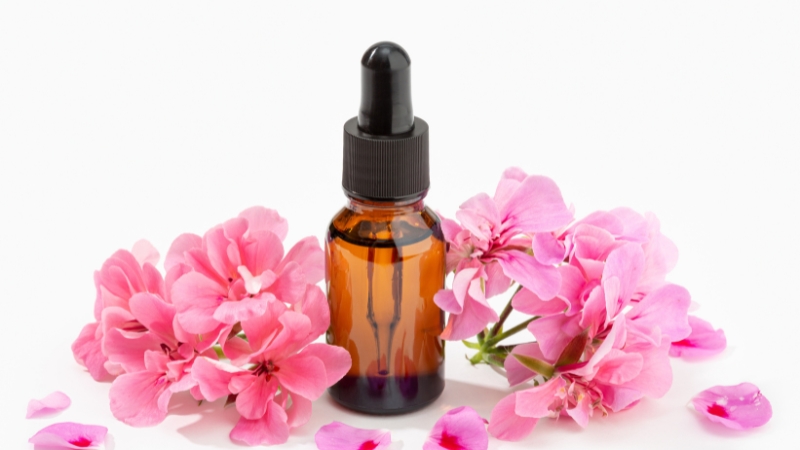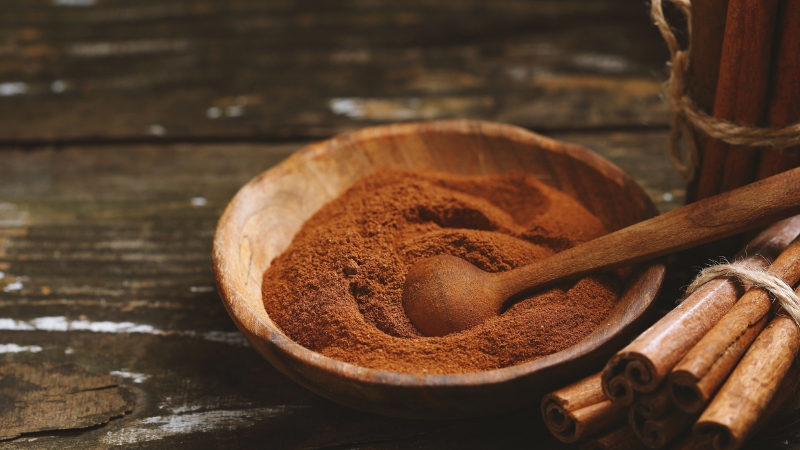Vietnam has long been diagnosed as a key player within the global agricultural zone. With its diverse weather and fertile lands, the US has advanced into one of the pinnacle agricultural exporters in Southeast Asia. This article explores the panorama of agricultural exports in Vietnam, highlighting key products, marketplace dynamics, and the demanding situations and possibilities that lie beforehand.
Overview of Agricultural Exports
Agriculture has been a cornerstone of Vietnam’s financial system, contributing substantially to its GDP and employment. In recent years, agricultural exports have come to be increasingly more critical, with products ranging from rice and espresso to seafood and culmination. In 2022, Vietnam’s agricultural exports reached about $48 billion, showcasing the world’s resilience and boom potential.
Key Agricultural Products
- Rice: Vietnam is one of the world’s largest rice exporters, regularly competing with nations like India and Thailand. The Mekong Delta place is the heart of rice manufacturing, wherein amazing types like Jasmine rice are cultivated. In 2022, Vietnam exported around 6 million lots of rice, basically to markets in Asia and Africa.
- Coffee: As the second-biggest coffee exporter globally, Vietnam’s robusta beans are particularly widespread, specifically in Europe and the US. The coffee industry is important for the livelihoods of hundreds of thousands of farmers and has located Vietnam as a full-size participant in the international coffee trade.
- Seafood: Vietnam is known for its various seafood services, along with shrimp, catfish, and squid. The U.S. Is a main exporter of shrimp, with the U.S. And the EU being the main markets. In 2022, seafood exports had been valued at about $9 billion, driven by means of growing international demand.
- Fruits and Vegetables: Vietnam has a tropical weather that produces a extensive range of culmination and vegetables. Exports of products like dragon fruit, lychee, and mango have surged, particularly to markets in China, Japan, and the U.S. The U.S.’s emphasis on organic and tremendous produce is likewise gaining traction.
- Cinnamon: Vietnam is considered one of the most important exporters of cinnamon globally. The processing industry has seen a large boom, with a focus on improving great and expanding markets.
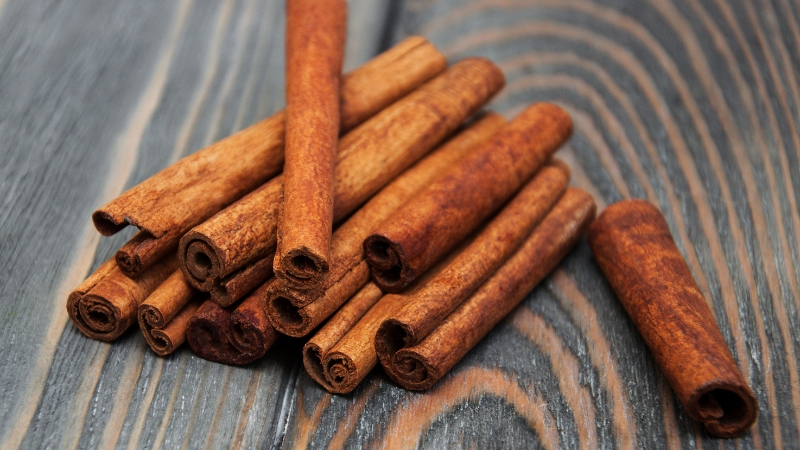
(Cinnamon is one of the leading export items in Vietnam)
Market Dynamics
Vietnam’s agricultural export zone blessings from several elements:
- Trade Agreements: Vietnam has entered more than one unfastened exchange agreement (FTA) that facilitates a less complicated right of entry to worldwide markets. The Comprehensive and Progressive Agreement for Trans-Pacific Partnership (CPTPP) and the EU-Vietnam Free Trade Agreement (EVFTA) are extremely good examples that have opened up possibilities for Vietnamese agricultural merchandise.
- Quality Improvements: Investments in era and sustainable farming practices have helped improve the pleasantness of Vietnamese agricultural products, making them extra competitive to a worldwide degree.
- Brand Development: The Vietnamese government and agricultural cooperatives are more and more specializing in building manufacturers around key products, improving their enchantment in global markets.
Challenges
- Despite its successes, Vietnam’s agricultural export area faces numerous demanding situations:
- Climate Change: The results of climate trade, such as rising sea ranges and unpredictable climate patterns, pose great risks to agricultural production. The Mekong Delta, a vital agricultural area, is particularly prone.
- Market Competition: Increasing opposition from different agricultural exporting international locations, including Thailand and Brazil, necessitates continuous innovation and great enhancement to keep market share.
- Infrastructure: While improvements were made, the logistics and infrastructure helping agricultural exports require further funding to ensure performance and decrease publish-harvest losses.
- Regulatory Barriers: Exporting to certain markets regularly entails navigating complicated regulatory requirements. Compliance with worldwide food protection and high-quality requirements is crucial for retaining admission to lucrative markets.

(The market still has many challenges but that is also an opportunity for development)
Future prospects
The future of agricultural exports in Vietnam looks promising, with a developing global call for meals and agricultural merchandise. By specializing in sustainability, enhancing product first-class, and leveraging generation, Vietnam can function as a leader in the agricultural export area. Furthermore, as the sector increasingly more shifts closer to organic and environmentally friendly merchandise, Vietnam’s capability to innovate in these regions may want to open new avenues for boom.
Conclusion
Agricultural exports are an important part of Vietnam’s economic system, providing great prospects for growth and development. By managing challenging situations and taking advantage of global market trends, Vietnam can maintain its position as a key player in agricultural exports. The country’s rich natural resources combined with infrastructure plans hold the promise of a robust agricultural sector that can sustain livelihoods and contribute to economic prosperity in the coming years.

